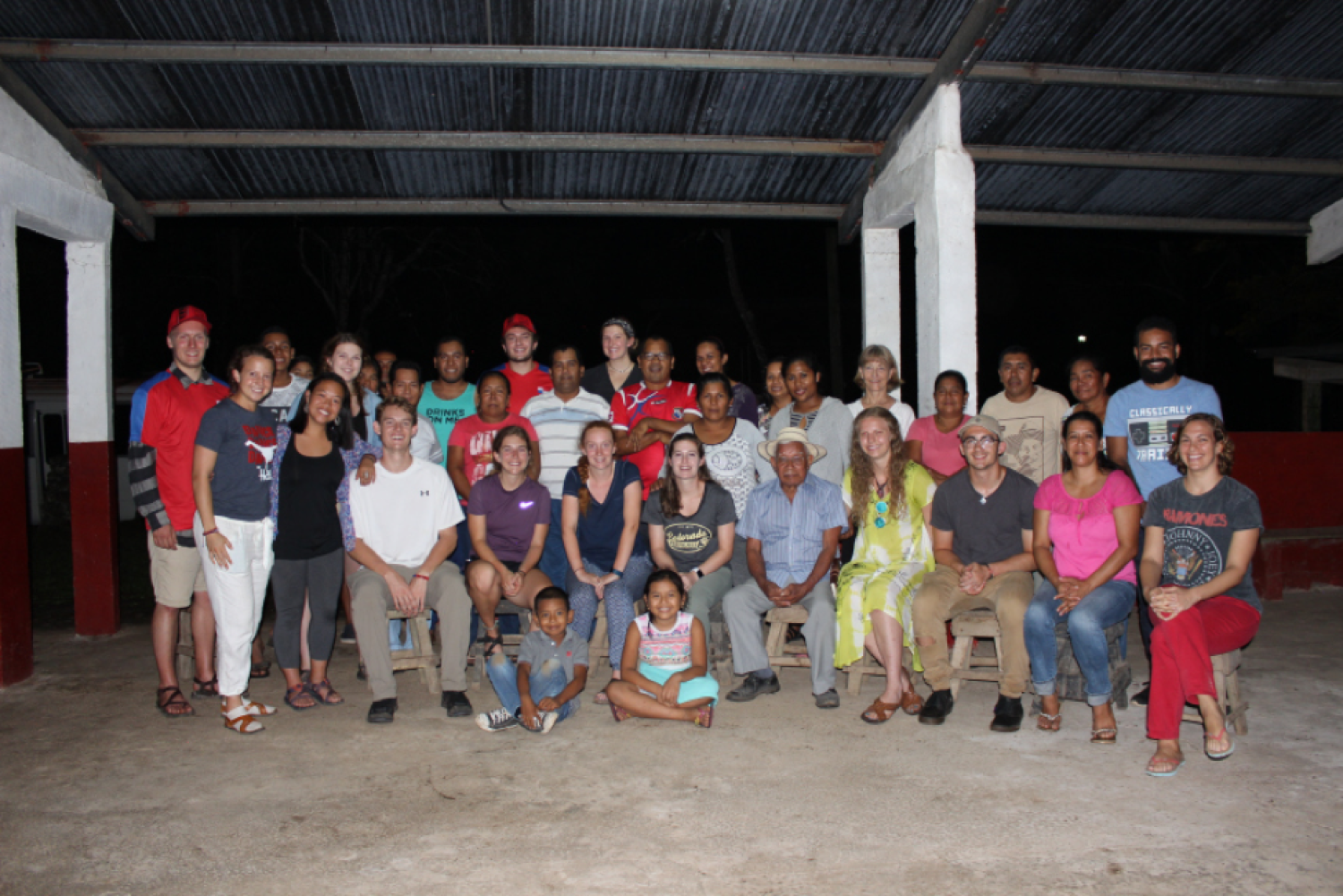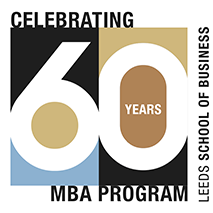A Taste of Social Entrepreneurship in Panama

This post shares Molly MacEachen’s experience with social entrepreneurship on a student trip to Panama. It includes excerpts from her travel journal in italics, as well as her reflections on the trip after her return to the United States.
Monday, May 21
I am very frustrated. My project is not developed yet & I don’t even have a theme or purpose. I’m tired and very sore. More than anything, I am mentally exhausted from the challenges I am encountering.
I remember that day very well. It was our fifth day in El Cocal, a small community located in the Cocle province of Panama. We only had two weeks to make a difference, and as we all quickly learned, it is not easy.
Panama Global Seminar: Social Entrepreneurship and Innovation
Designed to provide students with experience in developing innovative solutions to challenges, Business Solutions for the Developing World (CESR 4005) gives students a unique perspective on rural Panama and social entrepreneurship. While living with local families for two weeks, we worked with community members to learn how business techniques could be used to address their social and environmental challenges.
Cultural Immersion
The first six days in the community were geared towards immersion. We learned so much from just being present and observing how our families conducted their everyday lives. In fact, on the third day, we got to experience a community event- the Primier Festival de Cumbia. Cumbia is a traditional Panamanian dance in which pairs of boys and girls dance around a circle. Our host families were so excited to have us there that they all collaborated to find each of us a traditional outfit to wear. We had no idea that we would be performing until we were escorted to the dance floor.
Saturday, May 19
Today at the festival, we were learning from the local dancers how to do the steps and what the pattern was, then we were quickly shooed into the entrance. We heard the announcer introduce us as students from the United States and soon enough we were led onto the dance floor. Honestly, those 2 minutes have been the most fun since being here in El Cocal, and I am beginning to feel a strong connection with the locals.
Asset Based Community Development
In the next days, we began community mapping and brainstorming the projects that we could pursue. Although we had fostered a connection with members of the local community, it was difficult finding a place where we could make a difference. There were obvious differences in how they live their lives compared to us, but we discovered that there were plenty of reasons for why they do what they do. As social entrepreneurs, we needed to look beyond ourselves to make a difference for the community.
Throughout our time in the community we reflected on the catalytic role that we played in ‘Asset-Based Community Development,’ also known as ABCD developed by Northwestern University. This technique focuses on the strengths and capacities that local communities already have, then lends itself to develop facilitation rather than direct implementation of development projects.
We used this tool to understand how our projects would interact with the El Cocal. And soon enough, after talking with enough people and racking our brains, my team developed our project.
My Project: Education
Tackling the theme of education, we visited the local school to understand the context of how students choose their careers. After discussing the school system with School Director and Professor Yazmin Martinez, we found that there was little future planning embedded into their curriculum. Talking to the students made it clear that they have big dreams for their futures; they just need the tools to get there.
This visit to the school sparked our purpose: to create a lesson plan to help students explore more than just their dream job, but also why they would like that job, the necessary steps to get there, and who can help them along the way.
Tuesday May 29
This morning we went to the school for our follow-up activity. It was really amazing how seriously the kids took the assignment. Every single student completed their homework, including a drawing of their profession on the back.
Other Projects
Each student team tackled an important local issue, including transportation, communication, and business development.
Regarding transportation, we found that the bus system in El Cocal was inefficient and challenging for riders as well as the drivers. Our team developed a proposed bus schedule, as well as a template for a note that they could bring to the municipality to create solid change.
Our communication team worked closely with the community members to develop an El Cocal website that promoted local events, the historical significance of the town, and information about culture and visiting the town.
Lastly, our business development helped create financial planning and tracking documents that could be applicable personally as well as to the community. Local events such as the Primier Festival de Cumbia were heavily trafficked by members outside of the community, but they didn’t carefully track finances to understand profits or plan ahead for the next. With the tools that we gave the community, we hope that their future events can be just as profitable as fun, and allow them to save up for community projects.
My Takeaways
Overall, embarking on this global seminar opened my eyes to the field of social entrepreneurship and how difficult development work really is. Two weeks in the community was not nearly enough time to really get our hands dirty and make change, but it gave us an idea of what it takes to create long-lasting change.
For more information on this global seminar visit CESR Learning, or contact cesr@colorado.edu







